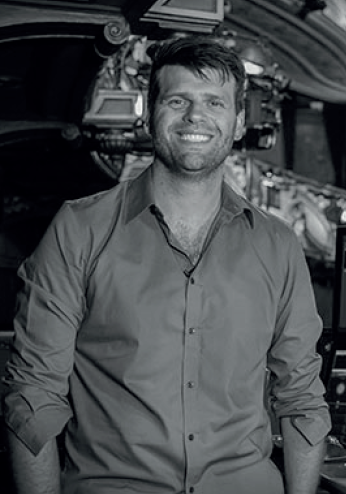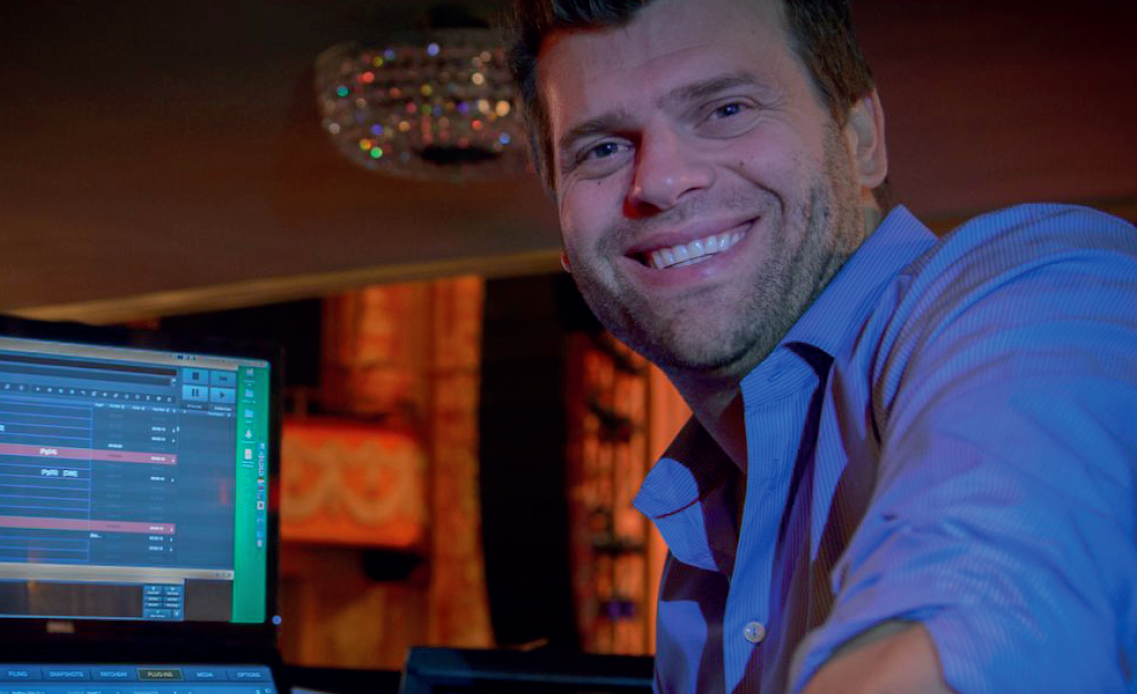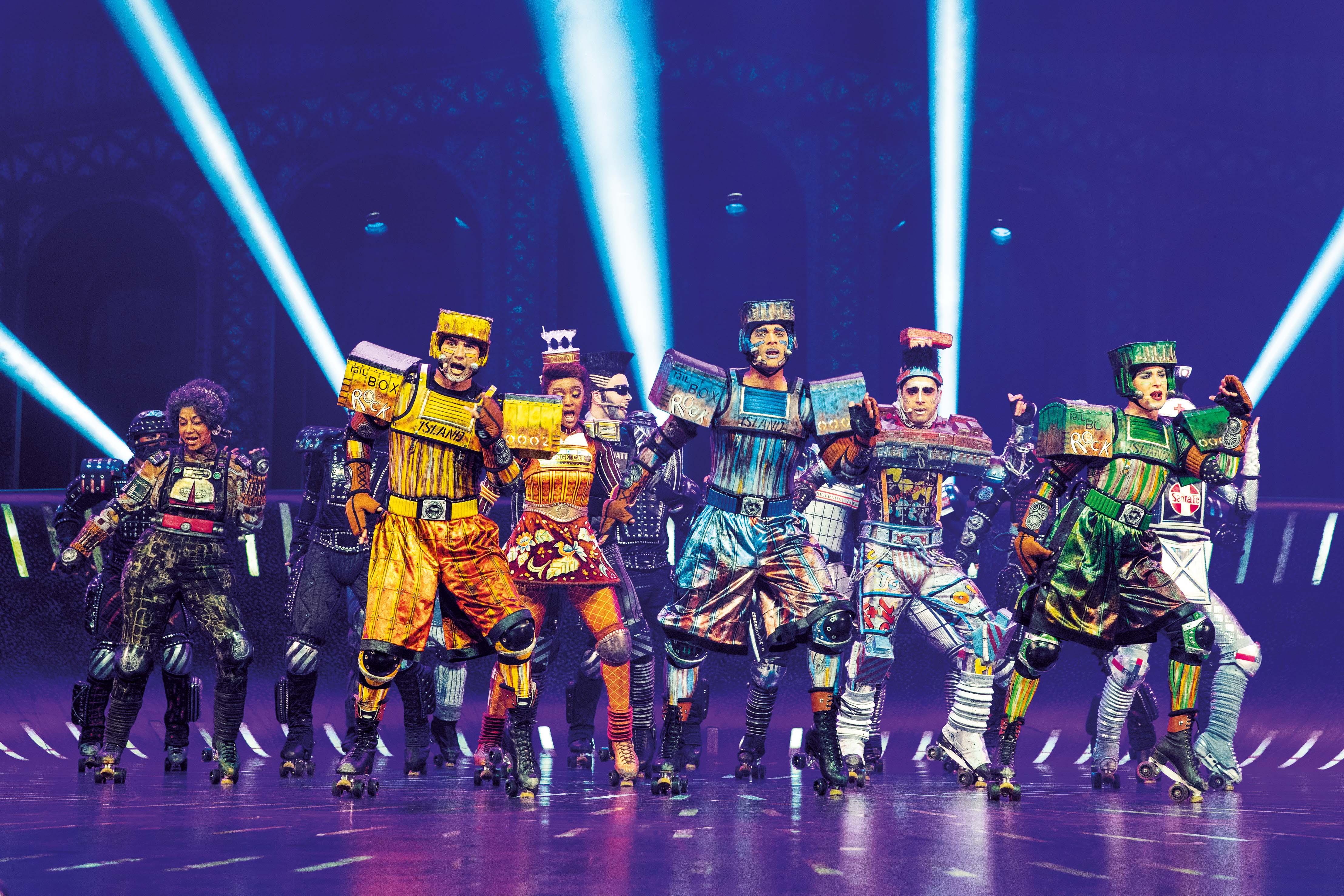Eight-time Tony and Olivier Award-winning/nominated sound designer, Gareth Owen – whose company, Gareth Owen Sound, is now deploying d&b’s Soundscape on over half of its shows internationally – reflects on risking it all on the once unknown immersive audio system to save Andrew Lloyd Webber's musical, Starlight Express.
“One of my earliest memories is of my dad, who was a teacher at school. He used to do the lighting, and I remember the lighting desk – which I thought at the time was absolutely huge, but I imagine actually must have been completely tiny,” recalls Gareth Owen.
“He would be pointing lights around and asking me to help with the faders. I never had any intention of getting into theatre or indeed sound as a career. In fact, my parents were quite keen to dissuade me from that – they were, like ‘get a proper job; be a doctor!’”
Whilst at sixth form college, Owen began working in a nightclub, where he looked after the lighting – “just disco lights, mirror balls and pin spots” – and when a new owner took over the place, he wanted to put on live music two nights a week.
“He said, ‘here’s a load of money to go and sort out whatever it is we need to do that’. I knew a little bit about speakers and amplifiers because as the lighting person in the nightclub I also looked after the speakers, but it was rudimentary knowledge to put it mildly! Suddenly I was tasked with the idea of mixing half a dozen bands every week. I didn't know anything about it!
"So I went and bought a book called Live Sound and went from there. Nobody in there really had the first idea about what good live sound was supposed to be, which was good, because I didn't,” he laughs. “So I got to learn in an environment with half a dozen different bands every week in an environment where nobody knew any better. So it didn't really matter how bad it was! I just got all this practice time to learn to be a sound engineer.”
From here, he secured work experience with Birmingham's SSE Audio Group which lead to working at festivals such as Glastonbury, Reading, Party in the Park, and T4 on the Beach, and eventually mixing acts such as Def Leppard, The Stereophonics, B B King, The Spice Girls and The Rolling Stones. Owen’s theatre career began when he was invited to mix musical The Blues Brothers, which was running at what is now the Trafalgar Studios in London's West End.
“I didn't have didn't have a lot of money at the time, and I didn’t know much about what I was being asked to do, but I said I’d do it,” he recalls. “I bought a tent from Argos and I lived in the band's garden and paid them a sum of about £25 a week to use their toilet, the kitchen, and maybe watch their TV every now and again.
"I spent the whole summer mixing The Blues Brothers as the head of sound in a West End musical, even though The Blues Brothers wasn't really a musical, and even though I had absolutely zero credibility to be head of sound! Somehow – almost overnight, I became a musical theatre sound designer, and I realised I enjoyed it a lot more than rock and roll.”
From here Owen was offered a job as sound designer for the UK tour of Stephen Schwartz' musical Godspell, and then went on to design a number of shows in a freelance capacity (notably Richard O'Brien's The Rocky Horror Show and Cole Porter's High Society), before joining London's Orbital Sound as a full-time sound designer.



